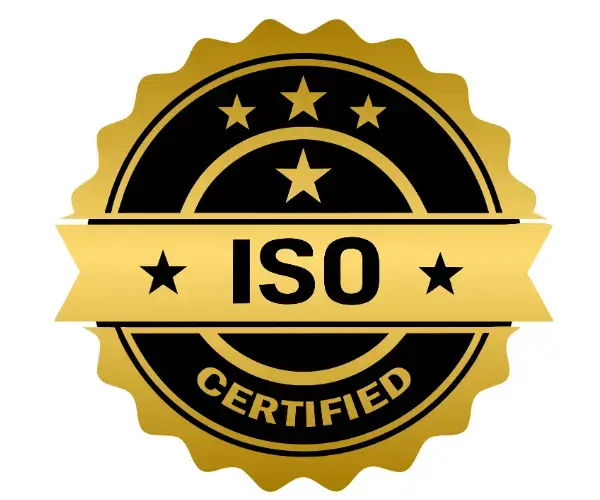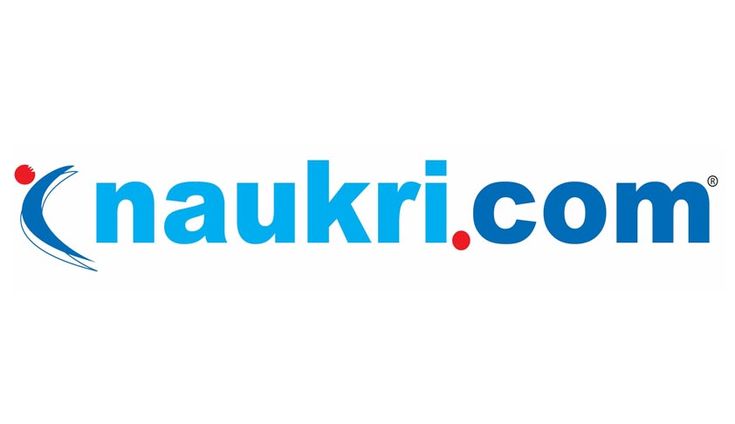
Our Large Team Is waiting to guide In ISO Certification.
Need Consultant?
Fill Up the Form
Discover more about ISO Certification– Click here to explore!





ISO Certificate
What is ISO Certificate?
An ISO Certificate is an official document that certifies that a company’s management systems, manufacturing processes, services, or documentation procedures meet the requirements for standardization and quality assurance set by the International Organization for Standardization (ISO). ISO standards are internationally recognized and ensure that a company’s products or services are reliable, safe, and of good quality.
Key Features of ISO Certification:
- Global Recognition:
- ISO certification is recognized internationally, enhancing the credibility and reputation of a business on a global scale.
- Standardization:
- ISO standards provide a consistent framework for businesses to ensure quality, safety, efficiency, and interoperability of products and services.
- Industry-Specific Standards:
- ISO has developed various standards tailored to specific industries, such as ISO 9001 for quality management, ISO 14001 for environmental management, and ISO 27001 for information security management.
- Improved Efficiency:
- Implementing ISO standards helps businesses streamline processes, reduce waste, and improve overall operational efficiency.
- Customer Satisfaction:
- ISO certification helps ensure that products and services consistently meet customer expectations, leading to higher customer satisfaction.
- Regulatory Compliance:
- ISO standards often align with regulatory requirements, helping businesses maintain compliance with laws and regulations in different markets.
Requirements for ISO Certification:
- Selection of ISO Standard: Businesses must identify the relevant ISO standard(s) applicable to their industry and operations, such as ISO 9001 for quality management or ISO 45001 for occupational health and safety.
- Gap Analysis: Conduct a gap analysis to assess the current state of processes and identify areas that need improvement to meet the ISO standard requirements.
- Implementation of Standards: Implement the necessary changes and improvements in processes, documentation, and practices to comply with the chosen ISO standard.
- Internal Audit: Conduct internal audits to evaluate the effectiveness of the implemented standards and identify areas for further improvement.
- Management Review: Hold a management review meeting to assess the performance of the management system and ensure it meets the ISO standard requirements.
- Corrective Actions: Address any non-conformities identified during the internal audit and management review by implementing corrective actions.
Documents Required for ISO Certification
- Management System Documentation: Policies and procedures related to quality, safety, or other relevant areas as per the chosen ISO standard.
- Process Documentation: Detailed process maps, work instructions, and flowcharts showing how tasks are performed within the organization.
- Records: Evidence of activities performed, such as inspection reports, test records, and meeting minutes, to demonstrate compliance with the ISO standard.
- Internal Audit Reports: Documentation of internal audits conducted to assess compliance with the ISO standard.
- Management Review Records: Minutes and action plans from management review meetings.
- Corrective and Preventive Action Records: Documentation of non-conformities identified and the corrective or preventive actions taken.
Advantages of ISO Certification:
- Enhanced Credibility: ISO certification boosts a company’s credibility and trustworthiness, leading to increased customer confidence and marketability.
- Improved Customer Satisfaction: By adhering to ISO standards, businesses ensure that their products and services meet customer expectations, resulting in higher customer satisfaction.
- Operational Efficiency: Implementing ISO standards helps businesses optimize their processes, reduce waste, and improve overall operational efficiency.
- Market Access: ISO certification is often a requirement for bidding on government contracts or entering certain international markets, providing greater access to new business opportunities.
- Risk Management: ISO standards encourage businesses to identify and mitigate risks, leading to more stable and reliable operations.
- Employee Engagement: Clear processes and defined responsibilities increase employee understanding of their roles, leading to higher engagement and productivity.
Disadvantages of ISO Certification
- Cost: The process of obtaining and maintaining ISO certification can be expensive, including costs for training, auditing, and implementation.
- Time-Consuming: The certification process can be lengthy, requiring significant time and resources to implement and maintain standards.
- Complexity: For small businesses, the detailed documentation and strict adherence to ISO standards can be complex and challenging to manage.
- Ongoing Compliance: ISO certification requires continuous monitoring, internal audits, and regular recertification, which can be resource-intensive.
- Potential Bureaucracy: Implementing ISO standards can introduce additional layers of bureaucracy, potentially slowing down decision-making processes.
